Rising Demand for Immunoglobulins
The plasma fractionation market is experiencing a notable increase in demand for immunoglobulins, which are critical for treating various immune deficiencies and autoimmune disorders. This surge is driven by a growing awareness of the therapeutic benefits of immunoglobulins, leading to a projected market growth of approximately 8% annually. The increasing prevalence of chronic diseases and the aging population in the US further contribute to this demand. As healthcare providers seek effective treatments, the plasma fractionation market is positioned to expand significantly, with immunoglobulin therapies becoming a cornerstone of patient care. This trend indicates a robust future for the industry, as manufacturers strive to enhance production capabilities to meet the rising needs of healthcare systems.
Growing Focus on Personalized Medicine
the plasma fractionation market aligns with the growing focus on personalized medicine, which emphasizes tailored treatment approaches for individual patients. This trend is particularly relevant as healthcare systems strive to improve patient outcomes through customized therapies. Plasma-derived products are being developed to meet specific patient needs, enhancing their efficacy and safety profiles. The market is likely to see a shift towards more personalized treatment options, with an anticipated growth rate of 9% in the coming years. As healthcare providers increasingly adopt personalized medicine strategies, the plasma fractionation market is expected to play a crucial role in delivering targeted therapies that address the unique characteristics of patients.
Advancements in Fractionation Technologies
Innovations in fractionation technologies are transforming the plasma fractionation market, enabling more efficient and cost-effective production processes. Techniques such as chromatography and membrane filtration are being refined, leading to higher yields and purities of plasma-derived products. These advancements not only enhance the quality of therapeutic proteins but also reduce production costs, making treatments more accessible. The market is projected to grow as these technologies become more widely adopted, with an estimated increase of 10% in efficiency reported by leading manufacturers. As a result, the plasma fractionation market is expected to see a surge in investment aimed at further technological enhancements, ensuring a competitive edge in the healthcare landscape.
Increasing Investment in Biopharmaceuticals
The plasma fractionation market is benefiting from a significant rise in investment in biopharmaceuticals, driven by the growing recognition of the value of plasma-derived therapies. In the US, biopharmaceutical investments have surged, with funding reaching over $50 billion in recent years. This influx of capital is facilitating research and development efforts, leading to the introduction of novel therapies and improved production methods. As biopharmaceutical companies expand their portfolios to include plasma-derived products, the plasma fractionation market is poised for substantial growth. This trend suggests a promising future for the industry, as new therapies emerge to address unmet medical needs and enhance patient outcomes.
Expanding Applications of Plasma-Derived Products
the plasma fractionation market is expanding in the applications of plasma-derived products, which are increasingly utilized in various therapeutic areas. Beyond traditional uses in immunology, these products are now being explored for their potential in treating neurological disorders, trauma, and surgical procedures. This diversification is likely to drive market growth, as healthcare providers recognize the versatility of plasma-derived therapies. The market is expected to grow at a rate of approximately 7% annually, reflecting the increasing adoption of these products across different medical fields. As research continues to unveil new applications, the plasma fractionation market is set to evolve, offering innovative solutions to complex health challenges.
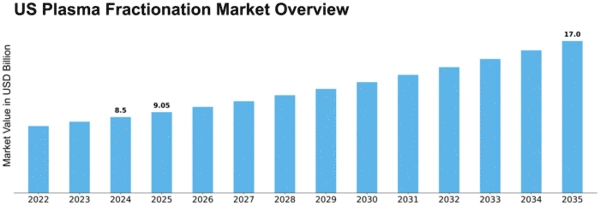


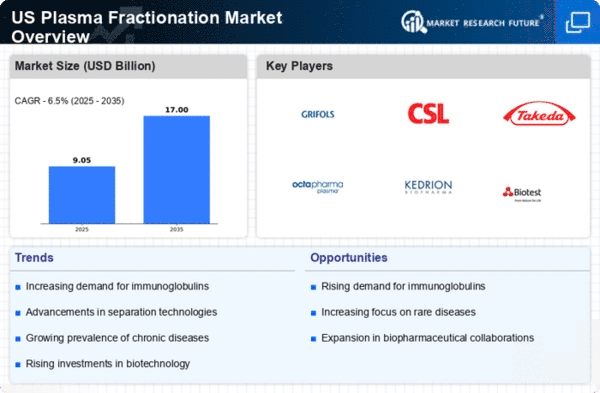
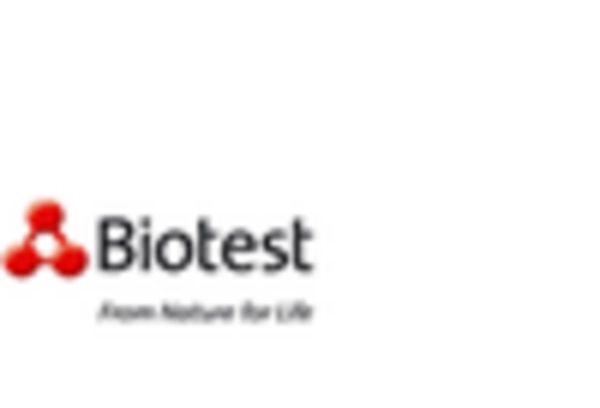
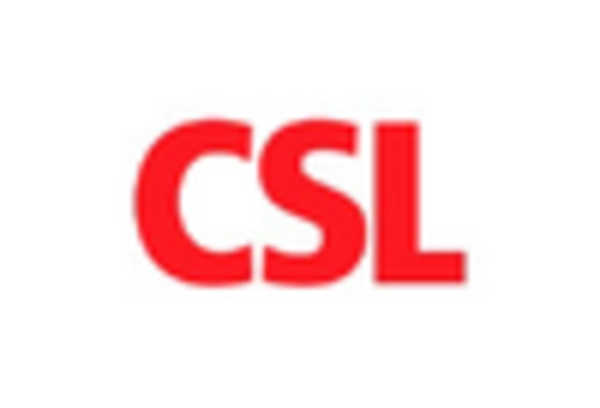
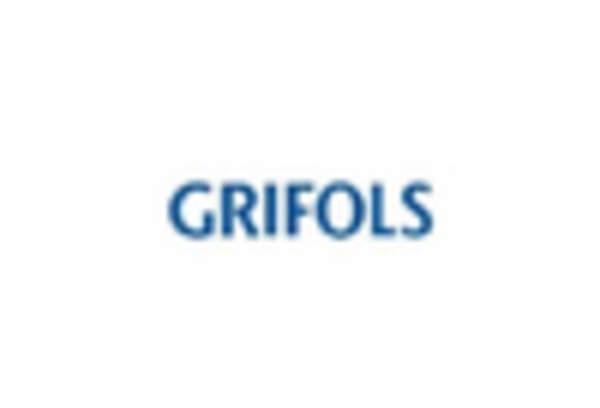
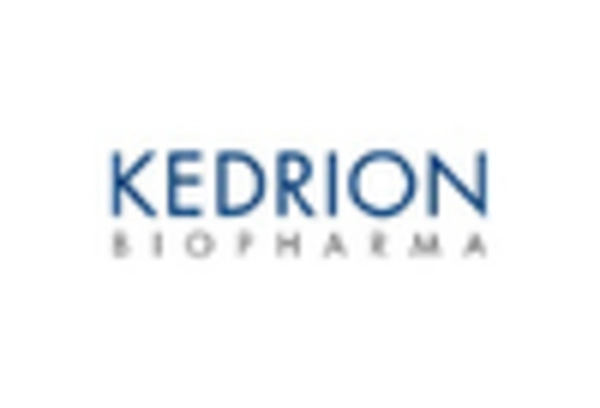
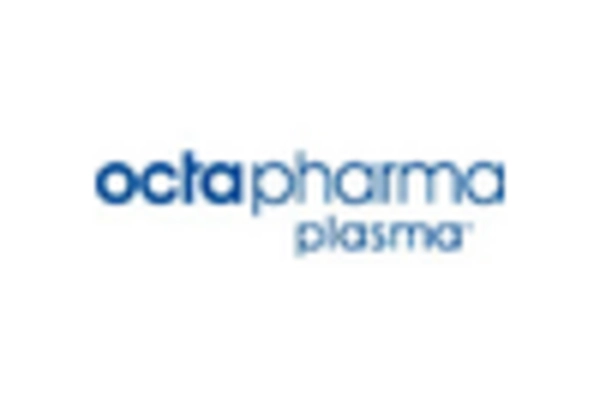
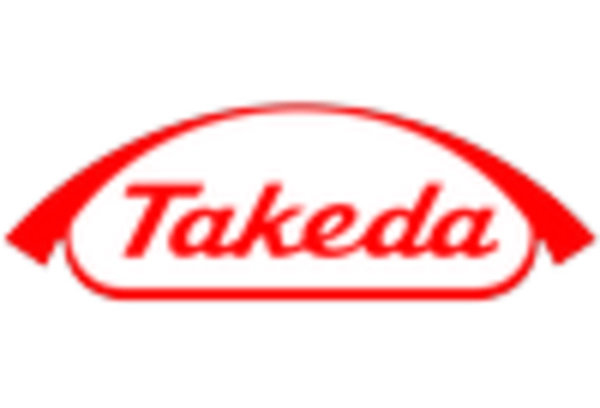









Leave a Comment